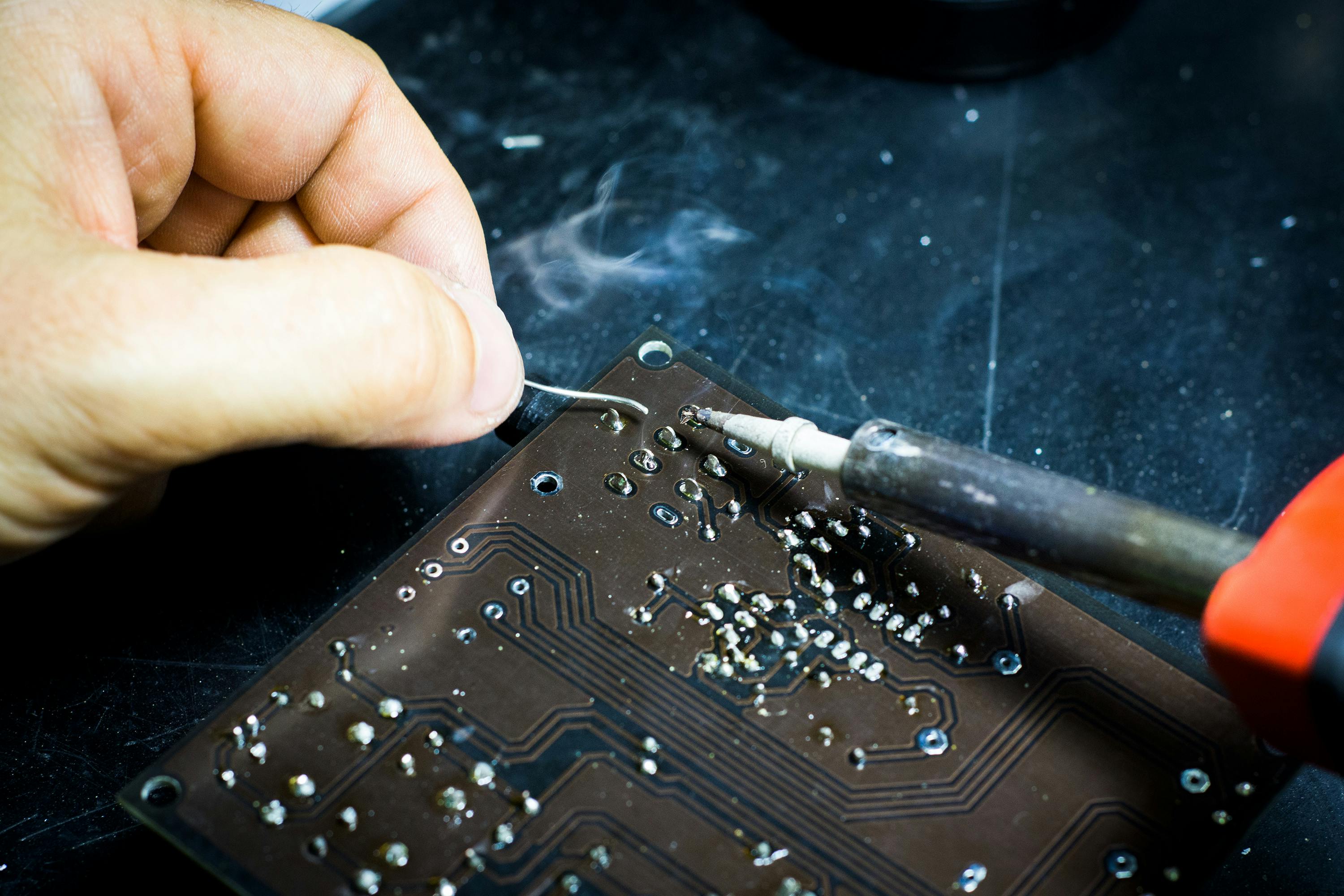Having a chipped tooth can be an uncomfortable and embarrassing experience. Fortunately, fixing a chipped tooth is a relatively simple procedure that can be completed in as little as one visit to the dentist. Depending on the severity of the chip, a dentist can typically fix a chipped tooth in an hour or less. In some cases, more complex procedures may be needed to properly fix the tooth, which may take longer.It depends on the extent of the chipped tooth and the treatment chosen to fix it. Generally, it will take one to two visits to a dentist to fix a chipped tooth. The first visit is typically for diagnosis and treatment planning, while the second visit is for the actual repair. Depending on the treatment chosen, repair times may vary from 30 minutes to several hours.
Average Time for a Chipped Tooth Repair
The average time for a chipped tooth repair varies and depends on the specific needs of the individual patient. In general, an appointment with a dentist to discuss the chip and assess treatment options can take anywhere from 30 minutes to an hour. The actual repair of the chipped tooth, which may involve filling, bonding or veneers, typically takes an additional 30 minutes to one hour. However, more extensive treatments such as crowns or root canals may take multiple appointments spread over a few weeks or even months. The total time it takes to repair a chipped tooth also depends on the complexity of the procedure and how severe the chip is.
It is important to note that if you have chipped multiple teeth, it may take longer than average to repair them all at once. If you require multiple treatments, your dentist may suggest scheduling several appointments in order to complete them properly. Additionally, some dental offices are better equipped than others for certain types of procedures, so it is important to research your options before making an appointment.
Overall, it is best to consult with your dentist regarding your particular situation and treatment plan in order to get an accurate estimate of how long it will take for your chipped tooth repair.
Cost Factors When Fixing a Chipped Tooth
The cost of fixing a chipped tooth depends on the type of repair needed and the severity of the chip. If the chip is small and only involves enamel, then it can often be repaired with a simple bonding procedure. This usually involves applying a composite resin that is shaped and polished to match the rest of your teeth. This type of repair is typically affordable, with costs ranging from $100 to $400.
For more significant chips, a crown may be needed. This requires more extensive work as the dentist needs to prepare the tooth for the crown, as well as take an impression to fabricate it. The cost for this type of repair can range from $800 to $1800 depending on the material used for the crown and any other treatments needed.
In some cases, a root canal may be necessary if part or all of the pulp has been exposed due to the chip. A root canal can be costly, ranging from $500 to $2000 depending on how complex the procedure is and whether or not additional treatments are necessary.
Overall, it’s important to consult with your dentist before deciding on any treatment so you can get an accurate estimate of what it will cost to fix your chipped tooth.

Preparation Before Getting a Chipped Tooth Fixed
It is important to properly prepare before getting a chipped tooth fixed. Depending on how severe the chipped tooth is, the preparation may vary. First, it is important to schedule an appointment with a dental professional. This will ensure that the dentist can assess the damage and determine which course of action is best for fixing the chipped tooth.
Next, it is important to brush and floss regularly before undergoing any treatment for a chipped tooth. Regular brushing and flossing will help to keep bacteria from accumulating around the affected area, which can make it more difficult for the dentist to repair the tooth. Additionally, it is important to ask about any medications that may need to be taken prior to treatment in order to reduce pain or swelling associated with the procedure.
In addition, it is important to discuss any questions or concerns with the dentist prior to undergoing treatment for a chipped tooth. It is also important to discuss any dietary restrictions that may need to be followed in order for the repair work to be successful. For example, some foods may need to avoided in order for proper healing and recovery time after treatment has been completed.
Finally, it is important that proper oral hygiene practices are followed in order for the repaired tooth to remain healthy and strong over time. This includes brushing twice daily with fluoride toothpaste, flossing at least once per day, and using mouthwash on a regular basis. Additionally, regular visits with a dental professional can help monitor progress after treatment has been completed and ensure that any complications are addressed immediately if they arise.
Following these steps will help ensure that proper preparation has been taken before getting a chipped tooth fixed so that optimal results can be achieved with minimal discomfort or hassle.
What to Expect During the Procedure for Fixing a Chipped Tooth
If you have a chipped tooth, you may be wondering what to expect during the procedure for fixing it. Generally, the process for repairing a chipped tooth will depend on the severity of the damage and the type of restoration being used. Your dentist will discuss all of your treatment options with you, so that you can make an informed decision about how to proceed. The most common procedures used to fix chipped teeth involve bonding or veneers.
Bonding is often used if the chip is minor and only affects a small portion of your tooth’s enamel. During this procedure, your dentist will use a composite resin material to fill in any gaps or chips in your tooth’s enamel. The resin is then shaped and hardened with an ultraviolet light. This procedure typically takes just one visit and results in a natural-looking restoration that blends in with your existing teeth.
Veneers are another option for repairing chipped teeth and are often used when larger portions of enamel have been damaged. Veneers are thin shells made from porcelain that are custom-made to fit over your existing teeth. They are bonded directly to your teeth using dental cement and provide strength and durability while also creating a more attractive smile. This procedure usually takes two visits, as impressions must be taken of your teeth before the veneers can be crafted in a laboratory setting.
No matter which procedure you choose, it is important to follow all aftercare instructions provided by your dentist in order to ensure that your restoration lasts as long as possible. This may include avoiding certain foods or beverages, or simply brushing and flossing regularly with special attention paid to the area around the restoration. By taking care of your restored tooth properly, you can keep it looking great for years to come!
Chipped Tooth Aftercare
After a chipped tooth is fixed, it is important to practice proper aftercare. This includes brushing and flossing twice a day, as well as avoiding hard or sticky foods that could cause additional damage. It is also important to visit the dentist regularly for checkups and cleanings. If any pain or discomfort persists after the procedure, contact the dentist immediately.
Risks Involved in Fixing a Chipped Tooth
When fixing a chipped tooth, there are certain risks involved. One of the most common risks is infection due to bacteria entering the area of the procedure. There is also a risk of nerve damage, which can lead to pain or numbness in the affected area. In some cases, the tooth may not be able to be saved and may need to be extracted instead. It is important for patients to speak with their dentists about all possible risks before undergoing any dental procedure.

Conclusion
Repairing a chipped tooth is a relatively quick process, depending on the severity of the chip. Generally speaking, it can take anywhere from one to two visits to your dentist and won’t require any type of anesthesia. The most common repair option is composite bonding, which can be completed in one visit and is relatively inexpensive compared to other treatments. For more severe chips and breaks, dental crowns or veneers may be recommended by your dentist. These treatments typically require two visits to complete and may be more costly than bonding.
No matter what treatment you may need, your dentist will be able to provide you with the best course of action for repairing your chipped tooth. It’s important to consult with your dentist regularly to identify any potential issues and keep your smile healthy and looking its best.
By taking the time to understanding all of the available treatments for chipped teeth, you can have a better idea of how long it will take for you to repair yours. With a comprehensive approach that includes regular dental check-ups, you can ensure that you’ll have a bright smile for years to come.
